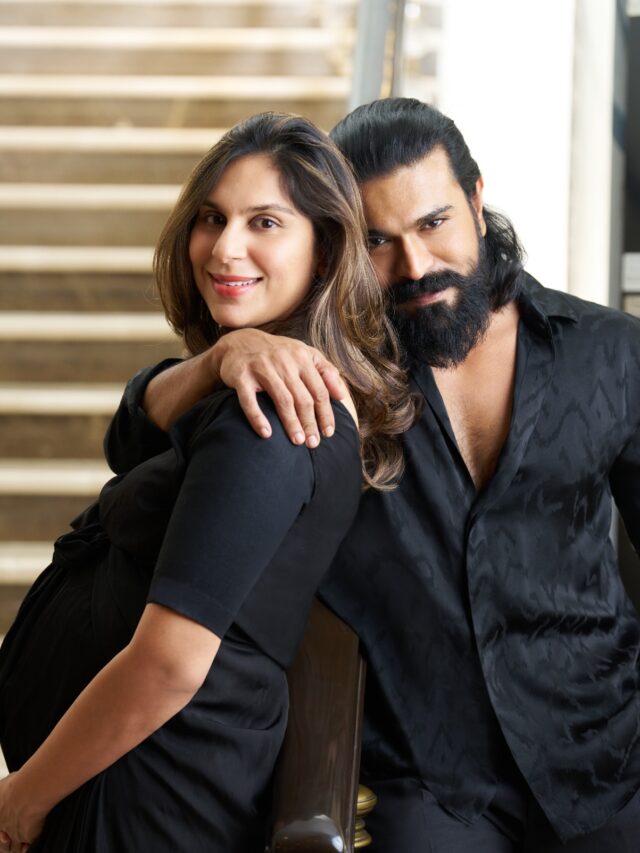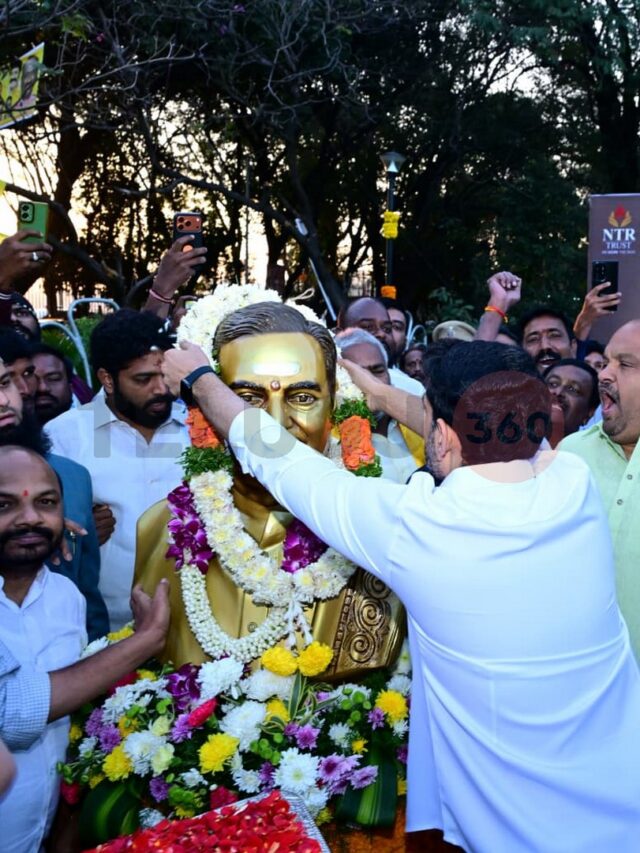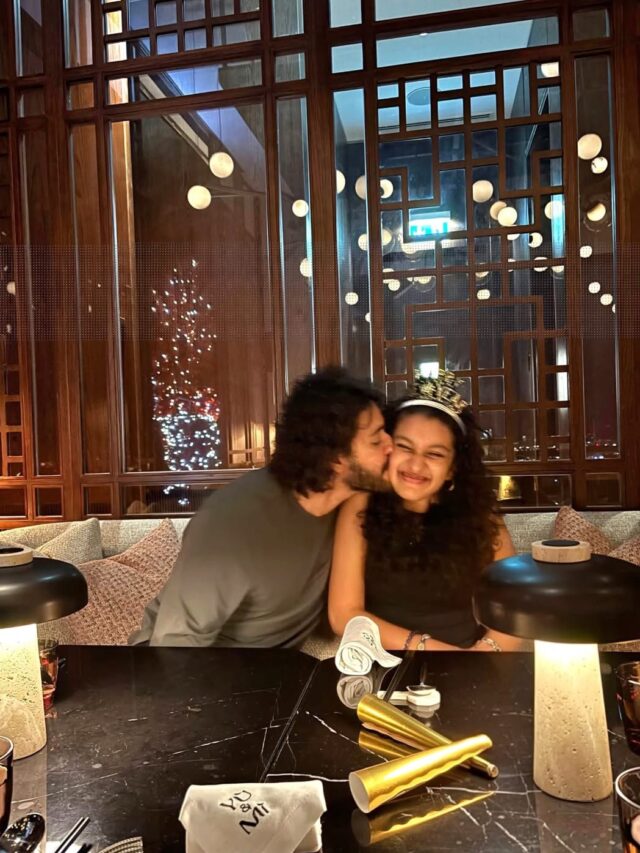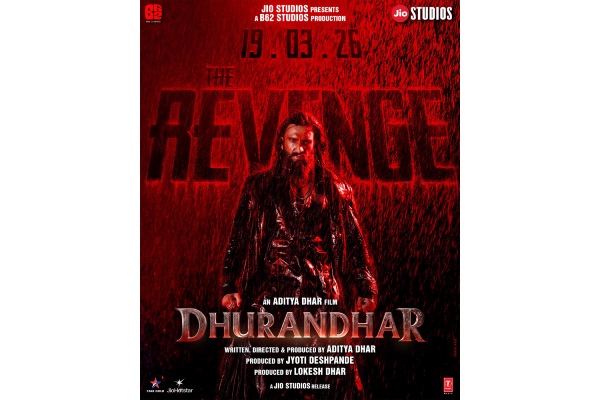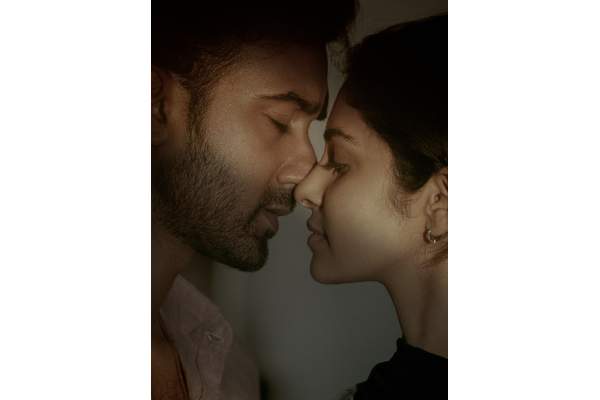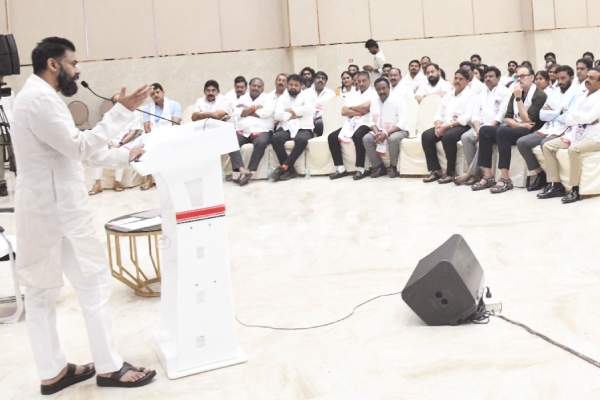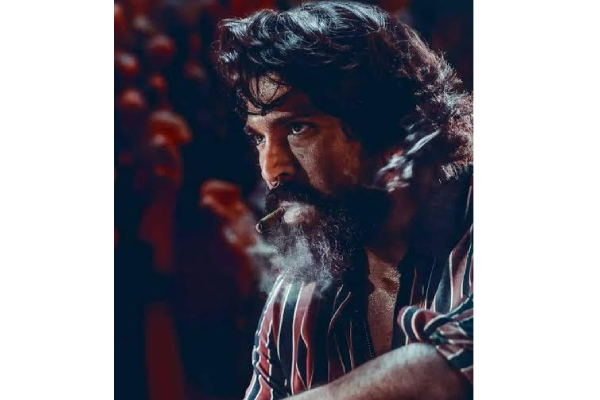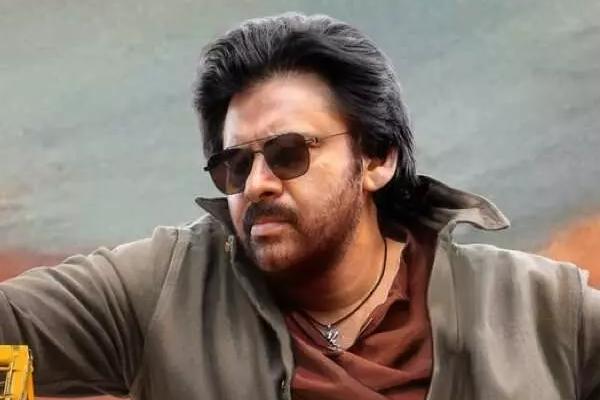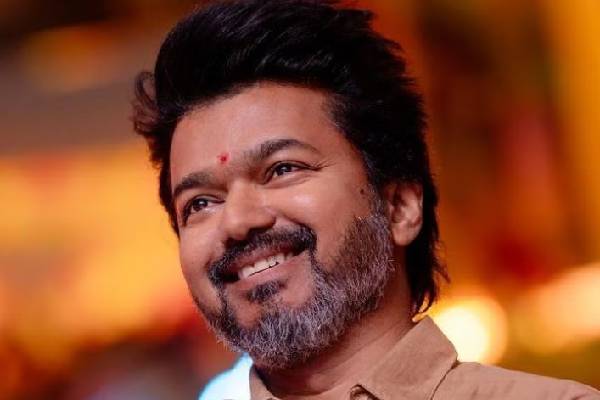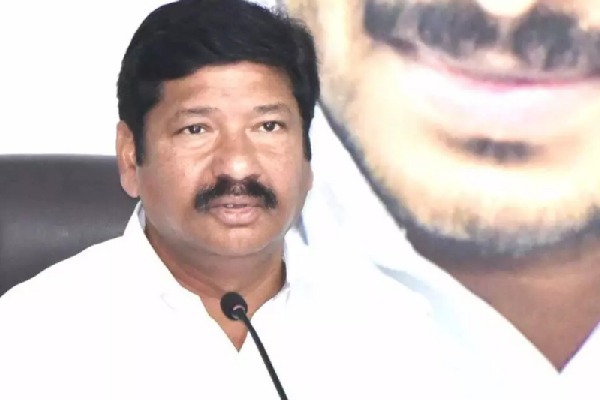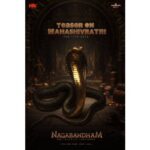Tamil Nadu’s political landscape appears ready for a major transformation as actor-turned-politician Vijay extends attractive offers to smaller regional parties. His strategy of power-sharing could fundamentally change the state’s traditional political equations ahead of the 2026 assembly elections.
For decades, DMK and AIADMK have controlled Tamil Nadu politics while smaller parties survived like shrubs under giant trees. Now Vijay wants to bring these smaller parties to his side and establish himself as a new power center in the state.
Unlike the past, where alliances never involved genuine power-sharing, Vijay’s Tamilaga Vettri Kazhagam (TVK) is promising actual participation in governance. This fresh approach has caught the attention of several regional parties who are tired of playing second fiddle to the bigger players.
Three key parties are showing interest in Vijay’s power-sharing proposal. PMK (Pattali Makkal Katchi), VCK (Viduthalai Chiruthaigal Katchi), and DMDK (Desiya Murpokku Dravida Kazhagam) are all considering alignment with TVK.
PMK brings significant strength through its Vanniyar community support base, particularly in northern Tamil Nadu districts. The party has previously allied with both AIADMK and BJP, winning five seats in the 2021 elections with a 5% vote share.
VCK commands strong influence among Dalit voters, especially the Paraiyar and Arunthathiyar scheduled castes. With Dalits comprising 20% of Tamil Nadu’s population, VCK’s support could prove crucial. The party currently maintains friendly ties with DMK and secured four seats in 2021 with a 2% vote share.
DMDK, founded by late actor Vijayakanth, carries cinema legacy and youth appeal but lacks specific community backing. The party has weakened significantly since Vijayakanth’s death, failing to win any seats in 2021 despite contesting 60 constituencies.
What makes Vijay’s approach different is his clear offer of sharing power once in government. Traditional alliances in Tamil Nadu have typically been about seat adjustments during elections, with the dominant party keeping all key positions after victory.
This power-sharing model is attracting parties that have grown frustrated with being mere electoral partners without real influence in governance. Each party sees an opportunity to have genuine say in decision-making rather than just token representation.
If these three parties join TVK, the combined alliance could significantly challenge the established order. PMK’s Vanniyar votes, VCK’s Dalit support, and DMDK’s cinema fan base, along with Vijay’s estimated 15-18% vote share, could create a formidable third front.
Political analysts believe this combination might break the traditional DMK-AIADMK stranglehold on state politics. However, success depends entirely on how well these parties coordinate and whether they can translate their individual strengths into collective victory.
The biggest test will be seat distribution and maintaining unity. Past alliances have often collapsed due to disagreements over constituency allocation and leadership hierarchy. Currently, AIADMK is working to solidify its alliance with BJP and other partners, while DMK is retaining its traditional allies.
For Vijay’s grand plan to succeed, all parties must agree on clear terms about power distribution, ministerial positions, and decision-making authority. Without proper coordination, this new alliance might face the same fate as previous failed coalitions.
The 2026 elections could witness unprecedented three-way competition if Vijay successfully brings these parties together under a unified platform with genuine power-sharing arrangements, however Political analysts claim that there is high chance this will benefit ruling DMK party in 2026 elections.


